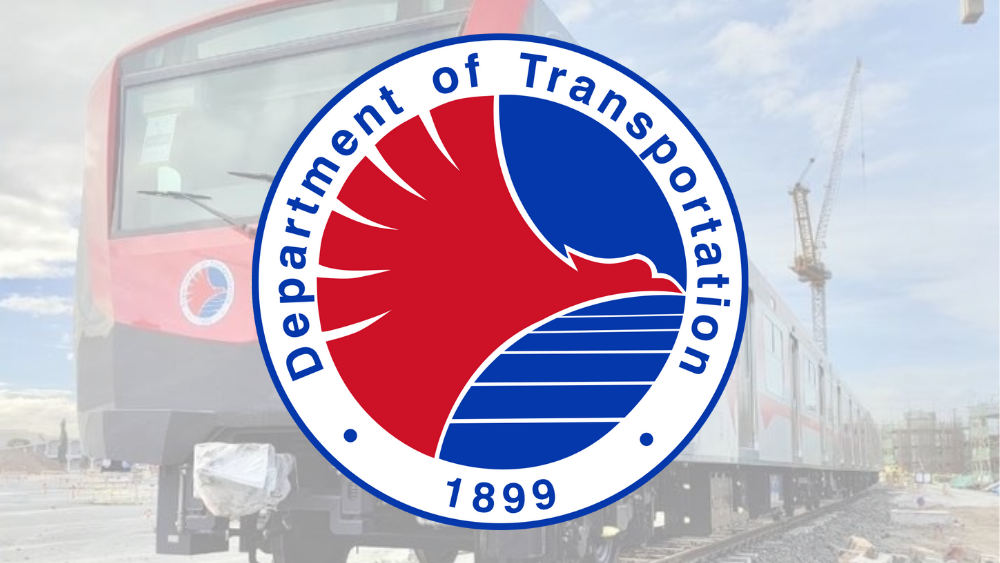The Philippine National Railways (PNR) Bicol construction is set to begin soon after the Department of Transportation (DOTr) signed the contract for the PHP 142USD 2INR 205EUR 2CNY 18-billion project.

The DOTr has contracted a joint venture of three Chinese firms to develop the first 380km of the PNR Bicol project. The department described it as the agency’s “single largest rail contract.”
With a contract amount of PHP 142USD 2INR 205EUR 2CNY 18 billion, the Design-Build contract was signed with the Joint Venture of China Railway Group Ltd., China Railway No. 3 Engineering Group Co., Ltd., and China Railway Engineering Consulting Group Co., Ltd. (CREC JV), for the design, construction, and electromechanical works for the project.
“For our kababayans in the South who have dreamt of this project for so long, we are finally seeing the light of day. This milestone is a huge leap towards realizing this long-awaited project – the PNR Bicol or the South Long Haul Project. We are grateful to our development partners from China for supporting us in this endeavor and believing that the Filipino people deserve an improved quality of life,” said DOTr Secretary Art Tugade.
Moreover, the DOTr also mentioned that CREC JV ranked 35th on the Fortune Global 500 list and 5th among China’s top 500 enterprises in 2021.
The first 380 kilometers of PNR Bicol from Banlic, Calamba to Daraga, Albay will span 39 cities and municipalities, four provinces, and two regions. It includes the construction of 23 stations, 230 bridges, ten passenger tunnels, and a 70-hectare depot in San Pablo, Laguna.
Along with its future segments, PNR Bicol will consist of a 565-kilometer railway connecting Metro Manila to the southern Luzon provinces of Sorsogon and Batangas.
Once fully operational, it is expected to cut travel time between Metro Manila and Bicol from the current 12 hours by road to 4 hours. Passenger trains will run at a speed of up to 160 kilometers per hour, while freight trains will run at a speed of up to 100 kilometers per hour.
Furthermore, the project will generate more than 5,000 direct jobs per year during construction.
Source: DOTr

